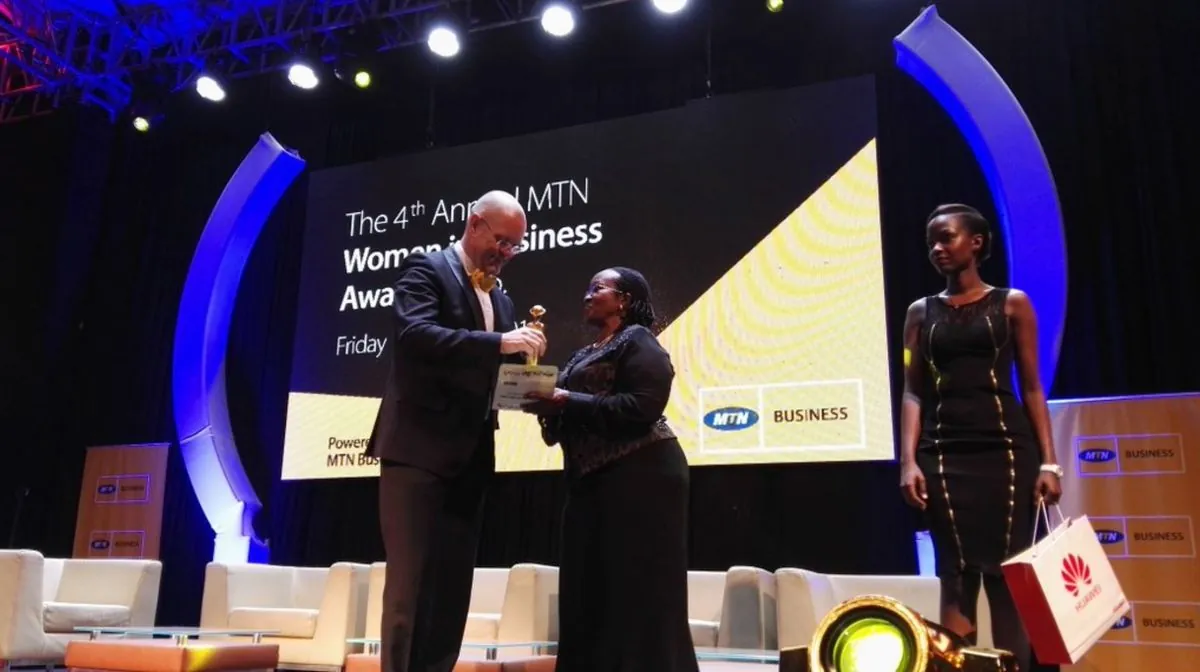Fearless Fund Ends Black Women Grant Program in Discrimination Lawsuit Settlement
Atlanta-based Fearless Fund settles lawsuit, agreeing to halt grant program for Black women-owned businesses. The case, initiated by an anti-affirmative action group, claimed racial discrimination in contracting.

An Atlanta-based venture capital fund has reached a settlement in a discrimination lawsuit, agreeing to discontinue its grant program specifically designed for Black women-owned small businesses. The decision comes after a legal challenge by an anti-affirmative action organization that alleged the program violated laws against racial discrimination in contracting.
The Fearless Fund, established in 2019, has been at the forefront of addressing the significant disparity in venture capital funding for businesses owned by women of color. According to data from 2022, less than 1% of the $288 billion deployed by venture capital firms went to businesses owned by Black women. This stark inequality highlights the ongoing challenges faced by minority entrepreneurs in accessing financial resources.
Arian Simone, CEO and founding partner of Fearless Fund, had aimed to bridge this gap through the Fearless Strivers Grant Contest. The program offered $20,000 grants and additional resources to Black women entrepreneurs to help grow their businesses. Since its inception, Fearless Fund has invested nearly $27 million in 40 startups led by women of color.

The lawsuit against Fearless Fund was filed in August 2023 by the American Alliance for Equal Rights, a non-profit organization founded by Edward Blum. Blum is known for his involvement in litigation that led to the U.S. Supreme Court's decision to bar race-based considerations in college admissions in 2023. The case against Fearless Fund argued that the grant program's exclusive focus on Black women violated Section 1981 of the Civil Rights Act of 1866, which prohibits racial discrimination in contracting.
Initially, a trial court judge ruled in favor of Fearless Fund. However, in June 2024, a 2-1 panel of the Atlanta-based 11th U.S. Circuit Court of Appeals determined that the program likely violated the law, warranting a preliminary injunction pending further litigation.
The settlement agreement, described as "very narrow" by Fearless Fund's lawyer Alphonso David, does not restrict or relate to any other investment or charitable activity by the fund going forward. David emphasized that "The Fearless Fund can now continue their work toward expanding economic opportunity."
Edward Blum stated that his group had encouraged Fearless Fund to open its grant contest to women of other ethnicities, including Hispanic, Asian, Native American, and white women. However, Fearless Fund opted to end the program entirely.
This case highlights the ongoing debate surrounding affirmative action and efforts to address historical inequalities in business and education. It also underscores the complex legal landscape surrounding race-based initiatives in the United States.
"We encouraged the Fearless Fund to open its grant contest to Hispanic, Asian, Native American and white women but Fearless has decided instead to end it entirely."
The settlement raises questions about the future of targeted support programs for underrepresented groups in business. As of 2024, women-owned businesses account for 39% of all privately held firms in the United States, yet they continue to face significant challenges in securing venture capital funding.
The case also brings attention to the concept of intersectionality, which considers how various social categorizations such as race and gender intersect to create unique experiences of discrimination or disadvantage. This concept, coined by Kimberlé Crenshaw in 1989, is particularly relevant when examining the specific challenges faced by Black women entrepreneurs.
As the business landscape continues to evolve, the need for diverse representation and equal access to funding remains a critical issue. The Fearless Fund case serves as a reminder of the ongoing efforts to balance legal compliance with initiatives aimed at addressing historical disparities in the business world.


































